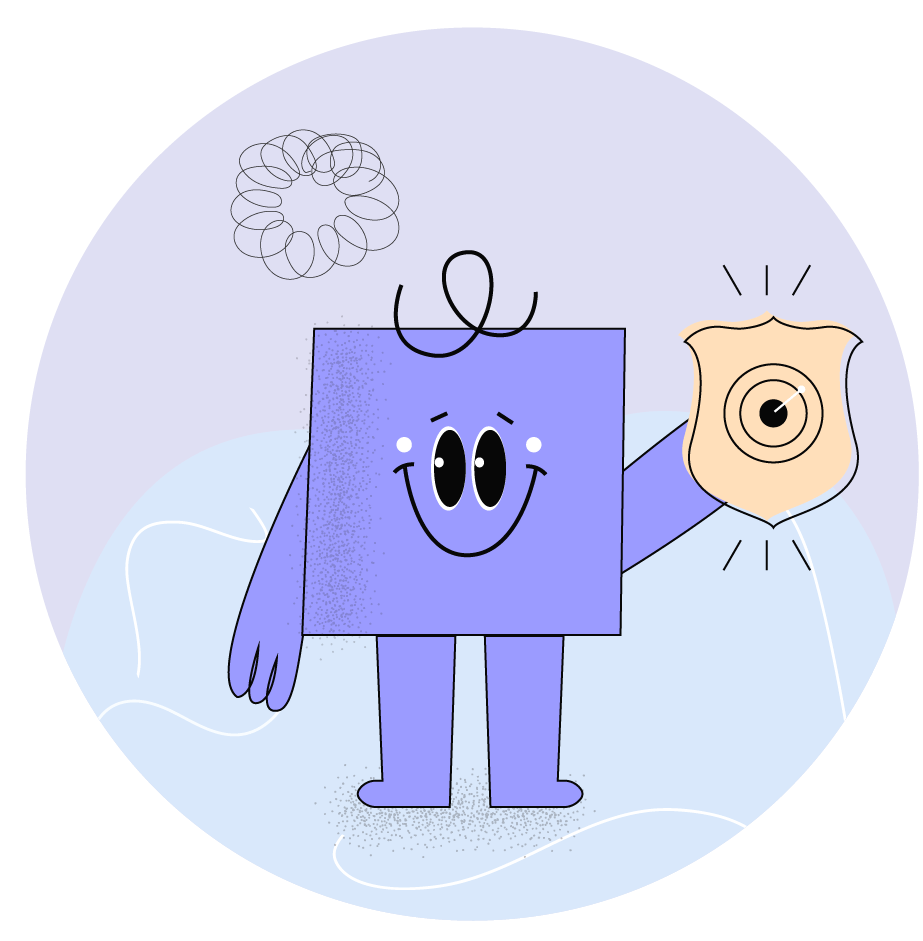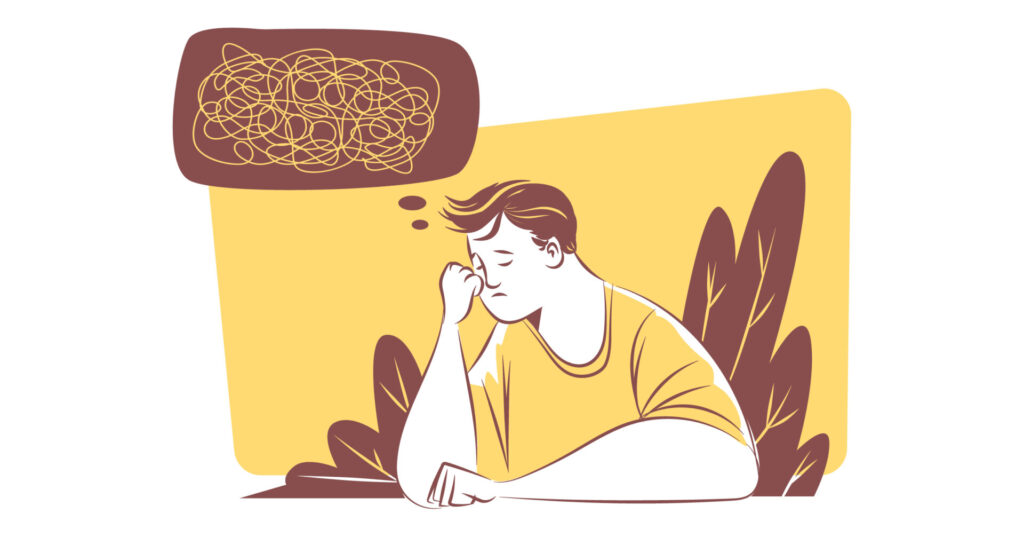When we talk about youth leading the country, new fresh ideas and minds, brighter and better future for the upcoming generations, creativity of budding students, we are considering a very ideal and healthy scenario. This sounds really great but it totally skips the part of the unfortunate reality of teenagers these days.
In recent times there has been more than 3.4% hike in the suicide rates in teenagers between the age group of 15 – 19 years. Suicide is the 4th leading cause of deaths among young adults. The reports display various causes of suicide and when researched thoroughly one common factor in most of the cases has come out be ‘depression’.
While answering the question of ‘Why do many teenagers feel depressed?’ Let us know that ‘Teenage depression’ is a very serious type of depression. It is easy to understand by the name that this type of depression is seen in teenagers and young adults. The question behind the disturbingly increased suicide rates is why is depression in these youngsters getting so common day by day?
Let us take a look at the probable reasons behind why many teenagers feel depressed :
Causes of Depression among Young Adults:
1. Most of the research shows that these teenagers go through extreme bullying or teasing during their high school and college years. Since this period of age is marked with sudden emotional as well as physical changes, it brings sensitivity towards all the new experiences. In these years of exploring, learning and building important social relationships, if the individual faces issues like body shaming, threatening by seniors, unhealthy dominance by parents or teachers, insensitive mockery by peers, it directly affects their self-confidence and leads to social withdrawal. This brings about the feelings of loneliness and poor self-image is developed.
2. Another important cause leading to depression is teens being the victim of sexual harassment, emotional or physical abuse, catcalling, childhood trauma, etc. These experiences bring about feelings of guilt and shame in young adults and these issues usually remain unresolved due to fear of defaming. As these feelings get suppressed it becomes difficult for a child to cope with a normal lifestyle and hampers the interpersonal relationship and leads to isolation.
3. Drugs, alcohol and substance abuse are the most common causes of depression. As this age makes an individual more vulnerable, teens generally use these things as coping mechanisms to deal with the mental pressures like failure, parental /peer pressure, unhealthy competitions, fears and pet-peeves, or sometimes just to “fit in” the group. However, these unhealthy ways of coping with stress often aggravates the stress and puts them into a higher risk of developing depressive symptoms.
4. Other domestic causes of depression amongst young adults can be dysfunctional families, loss of a loved one, poor interpersonal relationships, bad parenting, toxic romantic relationships, lack of support from peers and teachers. The teenage years require constant reassurance, positivity, appropriate feedback for their behaviour and ample support and guidance. If misguided and abandoned by close ones, it reflects on their academic performance and overall behaviour. This generates a feeling of hopelessness and irritability.
5. Due to lack of appropriate knowledge regarding sex and romantic relationships during the initiation of these ventures, a teenager often ends up in a miserable state of confusion and frustration. The physical and emotional needs are at the peak during adolescence and should be catered with a lot of caution.
The causes of depression in teenagers can be more than mentioned as during this period of life an individual is encountered with a huge spectrum of life events, emotions, experiences and people. The common signs of depression in teenagers should be understood in order to identify the same.
Symptoms of Depression
1. Social withdrawal and isolation – prefer being away from groups, family, crowd to avoid interactions.
2. Excessive smoking , alcohol and drug abuse: psychological comfort and dependency over a substance in order to feel the high and attain peace or satisfaction.
3. Crying uncontrollably – often emotional outbursts that are difficult to control and manage which usually occur over a minor issue.
4. Sudden weight gain or weight loss – noticeable changes in weight due to changes eating habits and diet.
5. Loss of appetite and sleep problems like insomnia/hypersomnia – overthinking , suppression and disorganized schedule causing irregular sleep patterns and no control and wish about consumption of food.
6. Frequent emotional outbursts – crying uncontrollably, snapping back, panic attacks, violent behaviour reflecting through the actions and choice of words.
7. Dysthymia, antisocial behaviour, apathy- lower concentration, not able to feel emotions, refusing to socialize.
8. Negative self-talk, suicidal ideations and self-sabotaging statements or thoughts – demotivated speech directed towards self, recurring thoughts of hopelessness and worthlessness.
9. Running away from home, negatively affected interpersonal relationships, aggressive reactions – lowered sense of emotional attachments even with family and peer groups, violent behaviours and reponses, unstable relationships.
10. Feelings of hopelessness, restlessness, irritability, guilt – constantly annoyed, feeling anxiety, blaming self and fearful and shameful.
11. Questioning self-worth and self-confidence and lowered self esteem – Lowered self image and doubting the abilities of oneself, living in denial.
12. Casual and carefree regarding appearance – not at all concerned regarding appearance, low hygiene.

Increase your chances of a better future through professional help
Tackle depressive symptoms at an early age
The symptoms of depression in teenagers are nothing but warning signs for the upcoming risks of suicide, homicide, violence, or long term mental disorder. The vulnerability of the situation puts the teenagers into such situations. The confusion, shame, guilt and heavy thoughts like incompetence, low self esteem and peer pressures make it difficult for their age to handle putting them at a higher risk of wanting to run away from all theses feelings.
When teenagers start withdrawing from family & peers and look stressed it might be the right time to have a detailed talk with them, as these symptoms can mean much more than what you perceive. Identifying these alarming signs and seeking professional help is a mandatory action that needs to be taken on an immediate basis once observed. Talking to a therapist and considering professional help will firstly cover the area of destigmatizing counselling sessions. Further, once it is normalised, the teenager also understands the importance of getting a relief after venting and sharing their mind out to someone who is there to help. Gradually they start seeing hope and find the will and courage to sustain themselves.
Psycho-educating the students and upcoming generations will help them understand the fundamentals of mental health. The knowledge will help them open and destigmatize these issues and acquire help faster. It will result in faster identification and avoid risks of losing lives to such problems. It will promote wellbeing in children and lower the ratio of suicide rates and other risky behaviour reflecting depression.
Medications including antidepressants and mood stabilisers prescribed by a psychiatrist and psychotherapeutic techniques like CBT (Cognitive Behavioural Therapy) and interpersonal therapy along with psychometric testing if needed work the best in combination.
Along with all the structured treatment, providing a healthy and positively nurturing environment to the teenager, catering to his/her emotional needs, encouraging questions and discussions through healthy communication, boosting their self-confidence are some things that could help heal better. Self-help, which is always the key for betterment, can involve maintaining a healthy diet regime, exercising regularly, having a fixed schedule for sleep and studies, journaling, taking time out for hobbies and recreational activities and practising yoga. Thankfully, depression in teenagers is curable and relapses can be avoided if dealt with care and support.
Read more:
How to Deal with Guilt? Here are The 10 Useful Tips You Should Know
10 Ways to Cope with Depression?
Grief : An Overwhelming Emotion
What is Depression and Causes of it?
Postpartum Depression and Its Long Term Effects on Children
The Other Side of Motherhood: Postpartum Depression (PDD)
Postpartum Depression: Symptoms, Causes, Risks and Types








2 Responses
Excellent goods from you, man. I’ve understand your stuff previous to and you are just extremely wonderful.
I actually like what you’ve acquired here, certainly like what you
are stating and the way in which you say it. You make it entertaining and you still
take care of to keep it sensible. I can not wait to read far more from you.
This is actually a great web site.
Youre so cool! I dont suppose Ive read anything like this before. So nice to search out any person with some authentic thoughts on this subject. realy thank you for starting this up. this website is one thing that is needed on the internet, somebody with somewhat originality. helpful job for bringing one thing new to the web!